Feeding Gaza's children — When starvation is a moral imperative
Desperate people, some of them at that point of starvation in northern Gaza had to resort to eating animal feed.
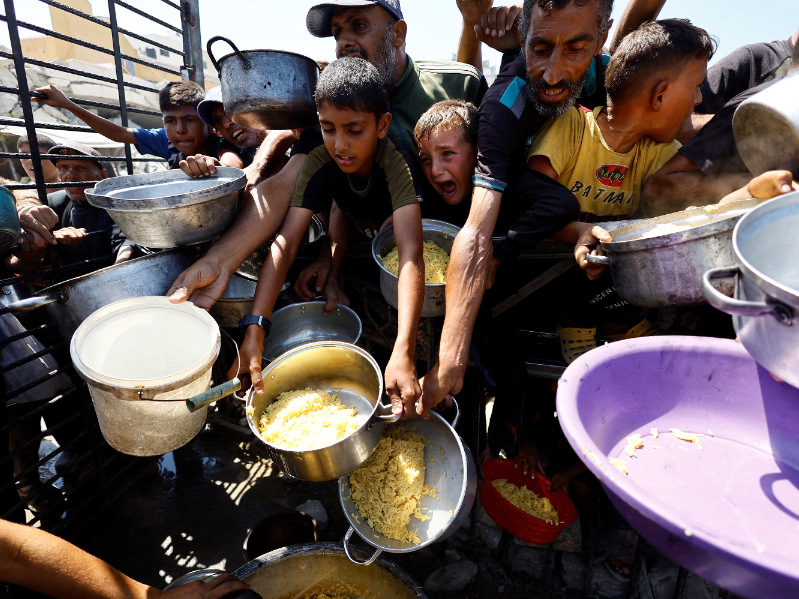 Palestinians wait to receive food from a charity kitchen after the global hunger monitor, Integrated Food Security Phase Classification (IPC), said that Gaza City and surrounding areas are officially suffering from famine that will likely spread, in Gaza City, August 28, 2025. / REUTERS/Mahmoud Issa
Palestinians wait to receive food from a charity kitchen after the global hunger monitor, Integrated Food Security Phase Classification (IPC), said that Gaza City and surrounding areas are officially suffering from famine that will likely spread, in Gaza City, August 28, 2025. / REUTERS/Mahmoud Issa
Alex de Waal, Executive Director, World Peace Foundation is an expert on famine and mass atrocity. He has seen the horror of dehumanization that famine brings. “I have a dozen books which are memoirs about famine from Bengal in India, Leningrad, the Dutch hunger, and Ireland,” he said speaking at the American Community Media (ACoM) national briefing. “One of the things that really comes out very strongly is the sense of humiliation and dehumanization that comes with starvation when you are forced to behave not like a human being.”
Humiliation, dehumanization and starvation
The deliberate and planned dehumanization and humiliation of the people of Palestine was shared by Budour Hassan, Amnesty International’s researcher on Israel and Palestine. “They put operational aid distribution centers very far from the population, and then ordered the people to come within the span of 10-15 minutes, forcing them to start rushing and competing with one another over scraps of food, over packages, or boxes of food. So many people we have talked to said, we felt like animals, and it's not a metaphor, because some people were even on the floor trying to get some food, or what had remained of what was dispersed. Some people would just get their box of flour and some of the flour that they got was tarnished with blood. The blood of people who were shot by the Israeli forces.”
Desperate people, some of them at that point of starvation in northern Gaza had to resort to eating animal feed.
Gaza, traditionally, is a very tight-knit community of people. People spread over just a very small area of 365 square kilometers. Many people, especially people who are 18 and younger, have never even left Gaza their entire lives. Their first instinct when they see someone in need is to help each other. There is this very strong social fabric of cohesion, togetherness, and communal aid. It is humiliating for them to not help their friends and family.
Famine changes society. The need to individually survive, or to save the family starts taking over, and people start thinking of how they can save this for their families. And then the fight over the very meager resources allowed in starts kicking in.
Hassan said, “The moment when you really see famine is when, instead of a family being able to share bread, break bread together they fight for bread. It is the dividing line between what it is to be a human and what it is to be an animal.”
It was an incredibly challenging, emotionally searing period for Gaza’s Palestinian population.
Children are starving while food is sitting in trucks, just out of reach
The present system of food distribution set up by the Gaza Humanitarian Foundation has only four sites, three of them located in the far south of Gaza. These so-called “secure distribution sites” require people to travel long distances, and the security applies only to the food and supplies, not to the safety of the people trying to reach them. As a result, more than 800 people have been killed trying to assuage their hunger.
“These systems wouldn't be put in place by humanitarian aid workers. These GHF sites are very dangerous and disorganized.They're really another strategy of eradicating and bringing a lot of pain to the people, rather than relief.”
“Not only is it true that it is designed to fail, but it is also designed to be a part of this engineered starvation, “ said Hassan.
“We are pointing to the imperative of getting supplies in to save an estimated 14,000 babies suffering from severe acute malnutrition in Gaza, as the Integrated Food Security Phase Classification partnership has warned about,” Jens Laerke a spokesman for the United Nations Office for the Coordination of Humanitarian Affairs had told the BBC.
“As the numbers of children in particular who are starving increase so rapidly every day it will be that much harder to stabilize the situation to return it to normal,” warned de Waal.
Journalist starves on duty
“By March 27th, people were already hungry,” shared Afeef Nessouli, who has worked for Spotify, The Wall Street Journal's daily news podcast "The Journal," and "The Daily Show with Trevor Noah”. He spoke of his time in Gaza.
From March 27th to June 3rd, I saw starvation develop between the people I was with, he shared. I was hungry myself, I ate once a day, for a month and a half, that's hard. But it's a lot easier than eating once every few days, which is happening for people that I know.
“I had a friend who had already lost 85 pounds. He went from a larger man to a man with a face that is gaunt. 6 feet tall at 119 pounds, he is struggling because he could never find calories.”
83% of the farmland is not cultivatable, 83% of fishing fleets are destroyed because of Israeli destruction.
“I lost 12 pounds while I was there.”
Living it, breathing it and experiencing it he observed them. “They are being tortured before your eyes. There was no food to work with and no community kitchens available. Everyone was begging all of the time.”
Shot in the back when getting food
“I had sources and colleagues who were trying to get food from the GHF that were getting shot at. We saw patients who had been shot deliberately in the back, seemingly sniped. Doctors had exorbitant amounts of evidence that showed that these were not accidental sniper shots. It looked like they were try to corral people by shooting into them. Raining shots into the people.”
“It is a genocide, it is intentional.”
Putting an end to this situation has to be in a coordinated effort by the entire world. Flood Gaza with money and food; rebuild it, help people medically.
ADVERTISEMENT
ADVERTISEMENT
E Paper
Video



 Ritu Marwah
Ritu Marwah .jpg)
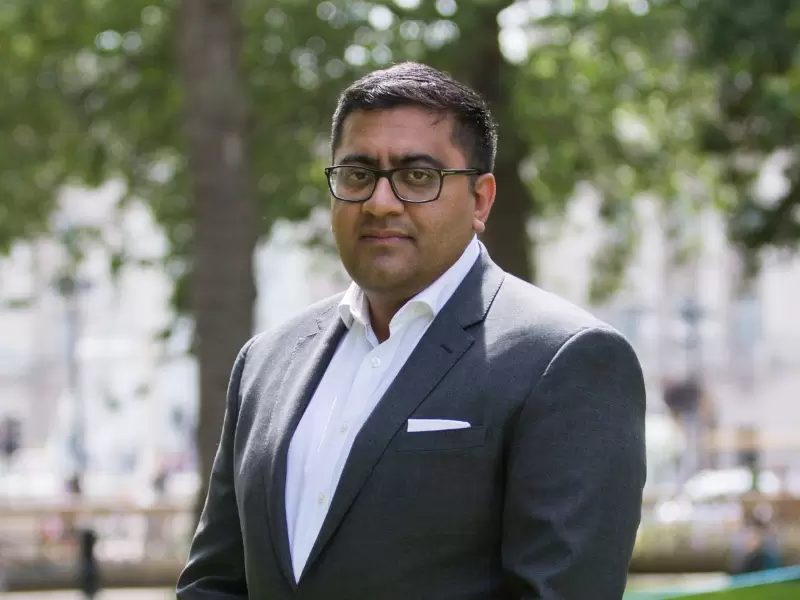
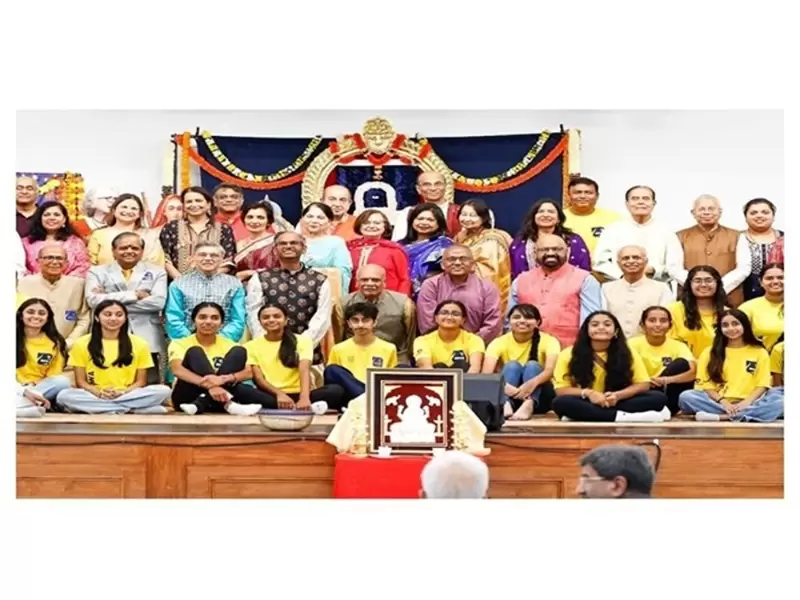

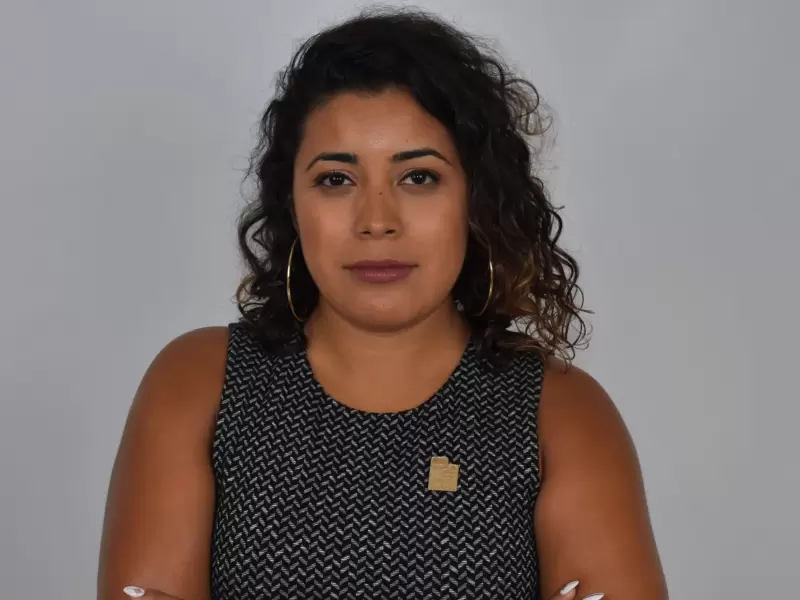
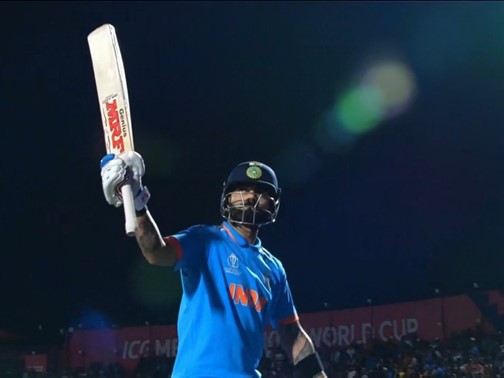
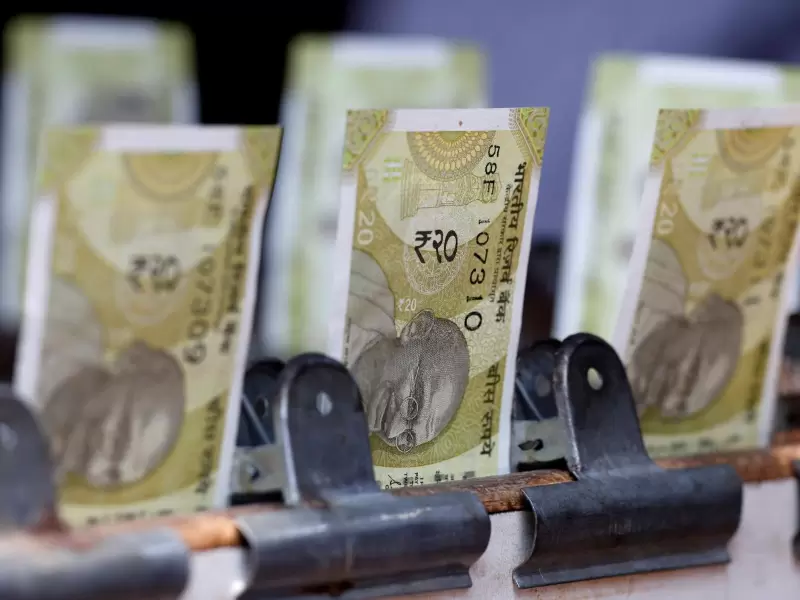






Comments
Start the conversation
Become a member of New India Abroad to start commenting.
Sign Up Now
Already have an account? Login